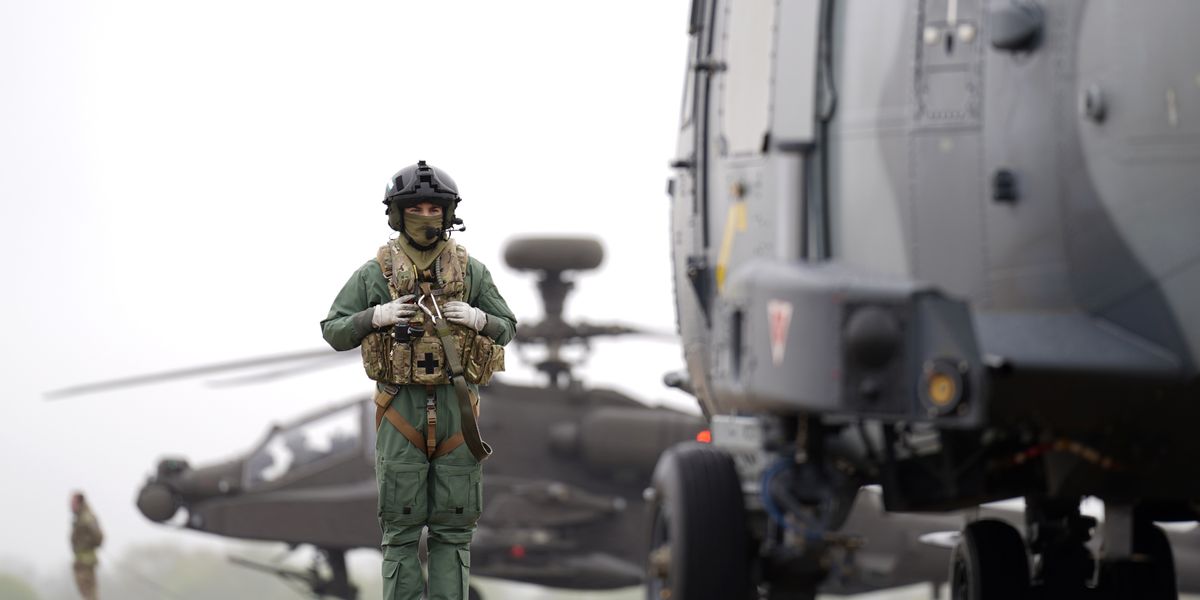Colombia’s JEP issues first individual sentences under 2016 peace deal, focusing on victims’ justice and reconciliation.
Published On 16 Sep 2025
Bogota, Colombia – Seven ex-leaders of the demobilised Colombian FARC rebels have been convicted over the kidnappings of tens of thousands of people during their half-century of conflict with the state.
The decisions, handed down on Tuesday by Colombia’s transitional justice body, the Special Jurisdiction for Peace (JEP), mark the first individual sentences imposed in the restorative justice process set out in the 2016 peace deal.
Recommended Stories
list of 3 items- list 1 of 3Last Colombian soldiers released from rural village where they were held
- list 2 of 3Dozens of Colombian soldiers released after three-day captivity in Amazon
- list 3 of 3At least 34 Colombian soldiers kidnapped after clashes with FARC dissidents
The JEP, established in 2017, issued “proper sanctions” on the seven former rebels, sentencing them to eight years of reparations – obligatory work helping clear land mines and search for missing persons.
More than 450,000 people died in the more than 50-year conflict, according to Colombia’s Truth Commission, with more than 50,000 documented kidnappings between 1990 and 2018. The FARC is believed to be responsible for 40 percent of these kidnappings.
“These defendants were declared to be the most senior leaders of the FARC-EP and criminally responsible in their capacity as perpetrators of the war crimes of hostage-taking and murder,” the JEP wrote in a statement.
The seven sanctioned FARC leaders are Rodrigo Londono Echeverri, Pablo Catatumbo Torres Victoria, Pastor Lisandro Alape Lascarro, Milton de Jesus Toncel Redondo, Jaime Alberto Parra, Julian Gallo Cubillos, and Rodrigo Granda Escobar.
Londono, whose alias is Timochenko, was the FARC’s top commander, while Catatumbo and Gallo are serving senators in seats allocated by the 2016 peace deal.
“Nine years after the peace agreement, a transitional court has now finally laid down what these alternative penalties will look like,” said Elizabeth Dickinson, senior Colombia analyst at International Crisis Group.
Dickinson said that the JEP’s sentences set an example for what restorative justice looks like in the context of Colombia’s peace deal, focusing on giving victims a sense of justice.
As part of their reparation work, the former rebels were also ordered to work on projects preserving the memories of victims and assist authorities with humanitarian demining and identifying disappeared people.
Additionally, the former leaders will face restrictions on their movement, with electronic trackers and schedules to ensure they comply with their reparations work.
“In some ways [it] helps reinvigorate the 2016 peace process, because really, without the possibility of justice, it has been very hard to sort of move forward with the idea of ending a conflict through peace,” added Dickinson.
While most FARC fighters were granted amnesty as part of the peace deal, the group’s leadership agreed to partake in a restorative justice process. This included laying down arms, assisting with truth-finding, accepting the crimes they were charged with, and not returning to combat.
Those who have fully cooperated with truth-telling face between five and eight years of reparation work, while those who have not complied can be sentenced to a maximum of 20 years in jail.
Today’s ruling concludes one of 11 so-called “macrocases” that the JEP is investigating. The court is expected to announce individual sentences against former government soldiers on Thursday.

 2 hours ago
2
2 hours ago
2











 English (US) ·
English (US) ·